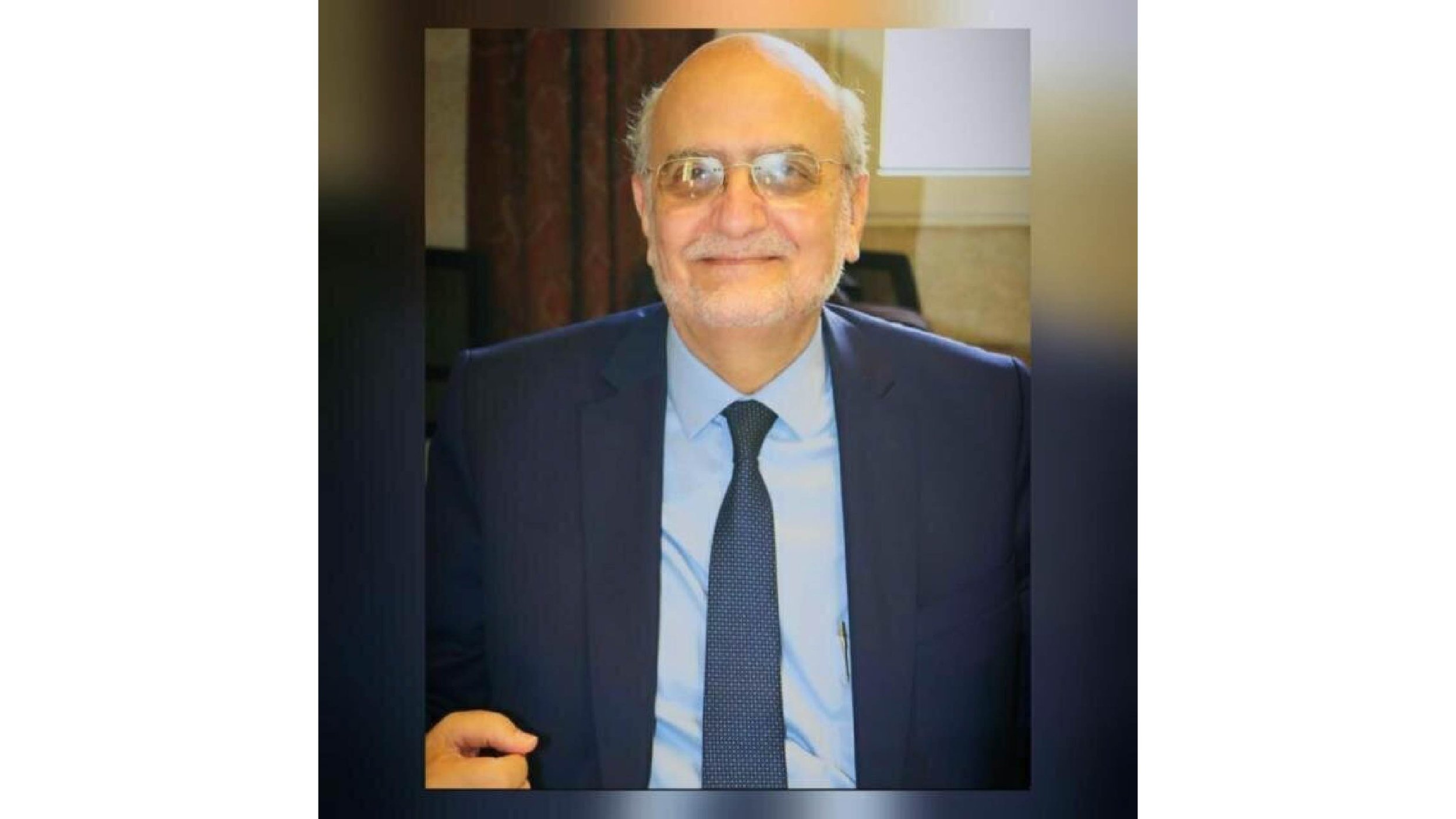Tomorrow begins the International Week of Science and Peace, which was first celebrated in 1986 as part of the celebration of the International Year for Peace.
Following the success of this, the United Nations General Assembly adopted the “International Week of Science and Peace” as an event that is repeated in November of each year and plays the role of catalyst for the promotion of peace.
According to the United Nations page dedicated to this occasion, the role of this week is to encourage academic exchange and sensitize people to the relationship between science and peace, with a focus on cooperation between the applications of science to promote peace as well as on the relationship between progress in science and technology and maintaining peace and security in the world.
As for the year 2023, the activities revolve around the topic of building confidence in science, as the United Nations page dedicated to this topic states that “the role of science in shaping our collective future cannot be activated except when there is confidence in it.” It considers that confidence in science is the gateway to responding to the challenges our world faces. However, according to the same website, building trust between science and society is not an easy endeavor in light of the many questions about scientists’ methodologies and society’s trust in them.
It is very important to build trust between science and scientists on the one hand, and the human community on the other hand. But modern human experiences do not encourage this.
In its beginnings, scientific research was the product of thinkers, intellectuals, and scientists who wanted to glorify God by probing the depths of His creation, discovering its working mechanisms, and finding solutions to its problems, away from any materialistic orientation or yearning toward control or destruction. Today, approaches have changed, and we find that scientific research has become a domain containing scientists, laboratories, and projects, part of which is described as noble and righteous, and another part to which greed and criminality can be attributed. Hence the crisis of trust between science and people.
The laboratory that produces vaccines, drugs, and everything that improves human life, opposite it, we find a laboratory that produces chemical weapons and lethal materials that eliminate humanity.
A scientist that works day and night to alleviate humanity’s pain may be confronted by a scientist that works to eliminate humanity.
For all the technology that was invented by bright, noble minds in order to develop human life, we find technology that was produced by sick minds and souls in order to turn human life into hell.
Is there adequate oversight of laboratories and research centers? Is there transparency in scientific production, whether in the field of humanities or exact sciences?
Days gradually show us that there is room, nay, areas, for doubt in science, which, as much as it has beautiful surprises in store for us, may one day surprise us with something that will not benefit humanity and may lead to its destruction.
Yes, building trust between science and people is necessary, but countries, universities, research centers and laboratories must prove to us that people can trust what is being produced behind closed doors.
Unfortunately, as much as the Creator created for us all the beauty that we enjoy, we created all forms of ugliness that could lead us to misery.
In return for the greatness and generosity of the Creator, here we are committing sins, some of which have serious consequences.
Dr. Michel E. Abs
The Secretary General of the Middle East Council of Churches






